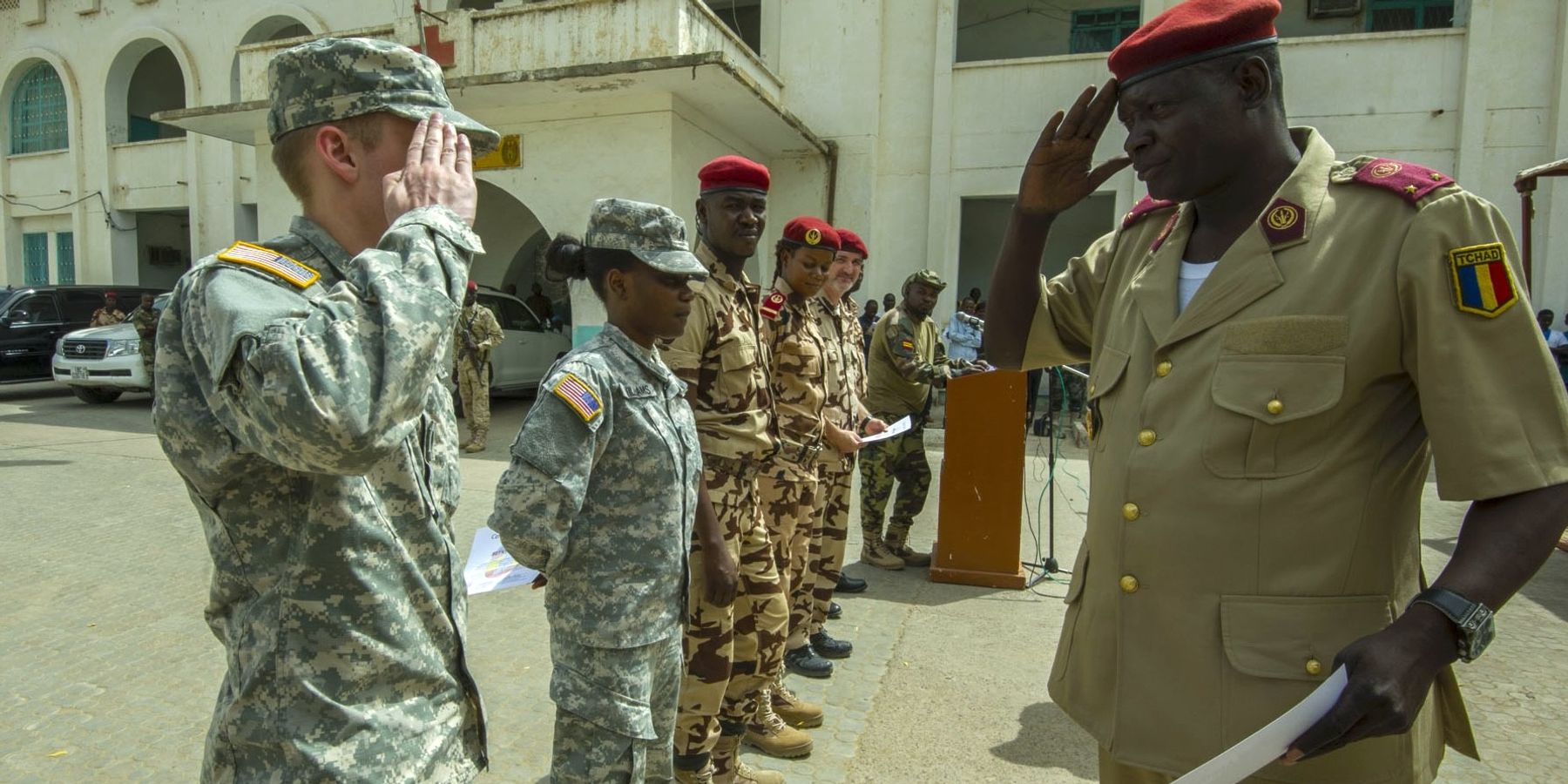In an interview with Voice of America on Thursday, United States Major General for Africa Command Kenneth Ekman said that the United States and Chad have agreed on the return of a “limited number” of U.S. Special Forces personnel. Details of the agreement have not yet been made public.
The incumbent leader of Chad, Mahamat Deby, who led the country first as president of the Transitional Military Council from 2021 to 2022 and then as Transitional President from 2022 until he won the presidential election earlier this year, has decided to allow the reentrance of U.S. troops into Chad. Mahamat Deby serves as the country’s first elected president since his father, Idriss Deby, was killed in a military offensive by a rebel group in northwest Chad in 2021.
What changed his mind is so far unclear. It wasn’t so long ago, in the lead-up to the Chadian presidential election on May 6, that Deby asked the United States to remove all military personnel from the country. The United States complied with his request, withdrawing 75 U.S. Special Forces personne, many of whom had been stationed at a French military base in the capital of N’Djamena. At the time, there was no indication that the U.S. military would be given the green light to come back.
Their reported return runs counter to the recent trend across the Sahel in which national governments have asked Western forces to leave after years of failed counterinsurgency efforts. At the end of 2023, France withdrew its forces from Niger at the demand of the country’s junta government, which took power in a military coup in July 2023. The military junta in Niger similarly asked the U.S. to leave. Washington just recently completed its full military withdrawal from the country.
Tensions in the region are high, with national governments increasingly wary of institutions traditionally backed by Western countries. The recent formation of the Alliance of Sahel States between Niger, Mali, and Burkina Faso is seen as a move to form a partnership in direct opposition to regional, continental, and global diplomatic and economic communities, such as the regional economic body ECOWAS and the African Union, as well as Western-backed institutions that many in these countries see as the offspring of colonialism.
Bringing troops back to Chad risks further entangling the United States in a web of expanding insurgent activity that neither Washington nor local military forces have been able to repel. Despite a decade of counterinsurgency operations by Western states — most notably France and the United States — in conjunction with local and regional military bodies across the Sahel, militant groups are only growing in strength and expanding further across the region.
Armed groups originally based in North Africa and the Sahel are now moving further south, where they are threatening the security of the coastal states of Benin, Togo, Ghana, and Cote d’Ivoire, among others. Security challenges are also partially responsible for the dramatic rise in coup attempts in countries across the region in recent years, including Mali, Niger, Burkina Faso, Chad, and Guinea. All of this has occurred despite years of American and French military presence in the region.
Rather than commit more troops to a failed counterinsurgency fight, the U.S. would do better to focus on diplomatic engagement and coordinated intelligence sharing with the countries of the region. Restationing troops in Chad risks U.S. military personnel suffering an attack at the hands of armed groups, which would further drag Washington into this unshakable conflict.
- Junta’s massacre of protesters in Chad reveals sordid Western blind eye ›
- Americans go home: Both Niger and Chad yank the welcome mat ›
















